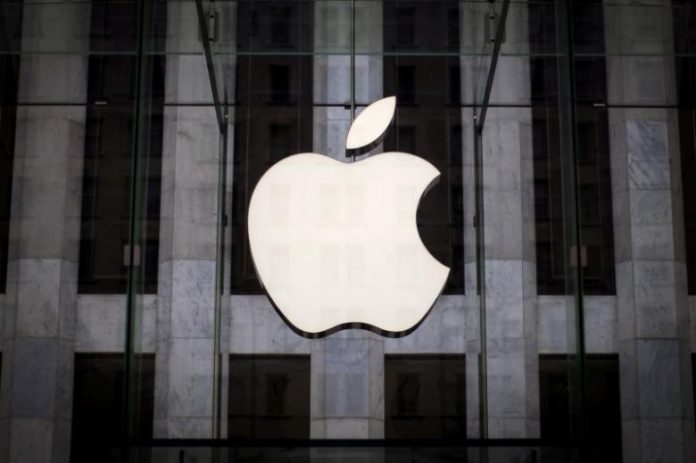LAHORE: Apple opened its first retail store in India on Tuesday, inaugurated by the company’s CEO Tim Cook. The launch drew a crowd of approximately 300 people, who gathered from across the nation to witness the event. The new store, located in the Reliance-owned Jio World Drive mall, is set to be followed by a second store in the capital, Delhi, on Thursday. Despite hurdles in opening physical retail stores in India, Apple’s products have been available on e-commerce websites, and its online store that opened in 2020. While Apple accounts for just 3% of the Indian smartphone market, it is looking to expand its manufacturing base in the country.
Cook is set to meet Prime Minister Narendra Modi and the deputy IT minister later this week. As Apple pushes to make India a bigger manufacturing base, some of its products, including iPhones, are being assembled in the country by Taiwanese contract electronics manufacturers Foxconn and Wistron Corp. It also plans to assemble iPads and AirPods in India.
Indian consumers are increasingly looking to upgrade their smartphones to models with richer feature sets. However, Apple’s pricey phones are affordable for only a few in India, where it accounts for just 3% of the market. Nevertheless, the store opening event showed that Apple has a devoted fan base in India, with attendees describing the experience as “exciting” and “different” from buying from a normal store.
India localising the manufacturing of Apple products
Earlier this year, Karnataka state chief minister Basavaraj S Bommai announced that Apple is planning to manufacture iPhones at a new plant in India, as it seeks to increase production in the country and reduce its reliance on China. This decision can be attributed to the challenges Apple faces with manufacturing in China, due to strict Covid policies and the country’s ongoing diplomatic tensions with the United States.
It was shared that the proposed factory will be spread over 300 acres in the Indian state of Karnataka, which is the home to India’s tech hub Bengaluru, and is expected to create about 100,000 jobs.
Taiwanese supplier Foxconn, which has manufactured Apple handsets in India since 2019, has also signed an agreement to set up electronic manufacturing facilities in the southern state of Telangana. Two other Taiwanese suppliers, Wistron and Pegatron, already manufacture and assemble Apple devices in India.
Apple’s expansion in India is part of Indian Prime Minister Narendra Modi’s “Make in India” strategy, which aims to encourage foreign companies to manufacture goods in the country.
The significance of locally assembled iPhone for customers
Macroeconomics aside, what does the local assembly mean for customers? For starters, it means relatively more affordable iPhones for customers. This is nowhere more apparent than the difference in the prices of the iPhone relative to their Pakistani counterparts. Profit looked at the price of the various iPhone 14 Pro models in India, and Pakistan.

The benefits of localisation are clear. However, Indians do not expect the prices of Apple products to get much better than this due to a myriad of factors. One of the most important factors is how these iPhones are being built, and more importantly; how they are not being built.
Is India the next iPhone manufacturing hub?
Apple’s decision to manufacture the iPhone 14 in India is expected to result in a 20% reduction in import duty. This could potentially affect the device’s pricing in the future, however, it is unlikely that there will be any immediate or significant changes to its pricing.
Apple has a history of not reducing prices for local markets, as seen with the iPhone 12 and 13, even when they were assembled locally. Instead, the company has partnered with banks to offer discounts on third-party platforms like Amazon and Flipkart.
Additionally, since the iPhone 14 will only be assembled in India and not sourced locally, importing all the components of the smartphone, the cost of production is unlikely to decrease significantly. Therefore, it seems unlikely that the pricing of the iPhone 14 will change immediately after its manufacturing begins in India. That being said, there has been no official confirmation regarding any discounts or pricing changes.
On the other hand, Pakistanis continue to pay exorbitant prices for the iPhone 14, with taxes imposed by the Pakistan Telecommunications Authority (PTA), along with import duties and other additional taxes.

























Your writing is perfect and complete.
Good job.. Awesome blog post.
Great idea! it was very helpful article you did!
This post is extremely radiant.
Wonderful.
Awesome!!!
Keep it up Thanking You.